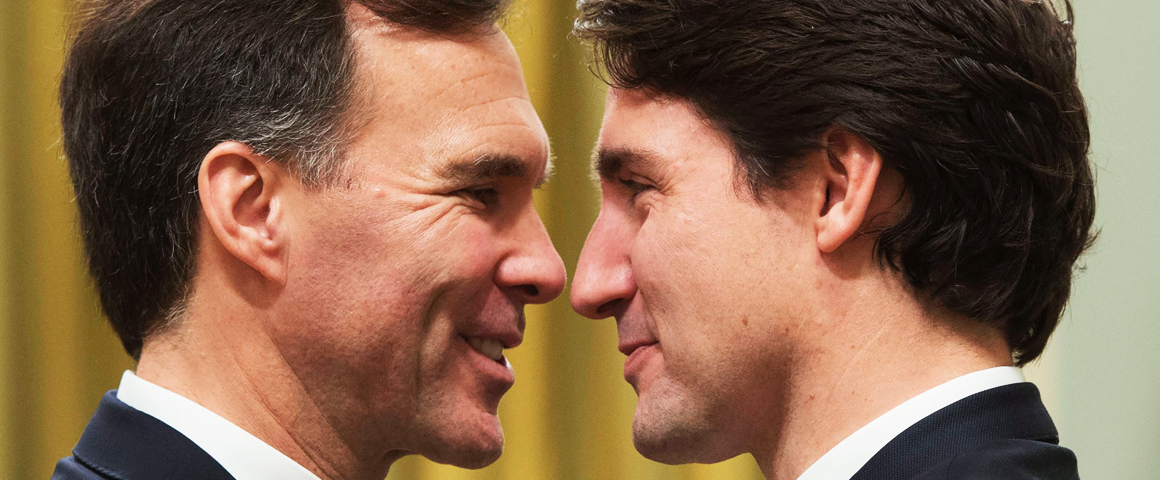Statement from the Central Executive Committee, Communist Party of Canada, July 26, 2016
The best thing about the federal government’s pension reform is its pending decision to restore the age of eligibility for Old Age Security (OAS) to 65. It was Harper who raised the age to 67, citing the OECD countries which had re-set the pension age to 67, and in one case to 68. Canadians were living too long, was the argument, and ought to be working – not retiring at 65 – like the Europeans.
These are the same governments that imposed vicious austerity measures right across Europe, that in Greece have led to the suicides of pensioners including a pharmacist who said he refused to eat out of garbage cans.
In Canada the OAS is a significant amount of money for many retirees without a private plan, and can easily double the CPP payments for low-income workers. Harper’s plan was to force seniors to stay in the workforce, many competing with young workers for low-waged entry level jobs.
But the CPP reform, touted by federal Finance Minister Bill Morneau as an agreement that will make “a real difference in all our children’s future lives and I hope for many of you… It’s a historic day”, won’t make any difference at all for today’s pensioners whose incomes won’t rise by a single nickel.
Nor will it help future retirees who will see a maximum annual benefit rise from $13,110 to $19,900, effective 2065 – that is 49 years from now. And they’ll have to work 40 years before that to qualify, and have an income of $82,700 before retirement to qualify for the maximum $19,900.
And what will be the purchasing power of $19,900 or $14,500 (based on an income of $54,900) in 2065?
Canadians know right now that they can’t live on $19,900 a year in 2016. That’s $1,658 a month, before taxes – and it’s the maximum payout. What about the “middle income” pension of $14,500 a year, or $1,208 a month (before taxes)? You can’t eat and pay the rent in Toronto or Vancouver right now on that.
The federal government is offering current pensioners nothing at all, and future pensioners a rooming house (provided their pre-retirement income is at least $54,000).
What this “reform” is really about is to stall and if possible, prevent a real fight for livable pensions from breaking out across the country. This is a fight the CLC was supposed to lead according to its own statements, though it’s now inexplicably lauding the Liberals for this pension “reform”.
The hard truth is that only about 25% of workers currently have defined benefit pension plans – that is plans that provide any real old age security, and all of these are under pressure from both private and public employers, as witness the current postal negotiations. Less than half of workers have accumulated any retirement savings at all.
The ugly truth is that Canadians aged 45 or younger with incomes between $50,000 and $80,000 are going to arrive at pension age, without a defined benefit pension plan from employment, without adequate savings, and unable to retire. This is the current situation for many low-income retirees who never had the opportunity to work in a unionized workplace, or in a job with benefits or a private pension plan.
The impact on youth will be to substantially increase youth unemployment, and to drive down wages, benefits, and conditions of work, while increasing precarious work everywhere.
The impact on seniors will be to force the great majority to work until they die, and – worn out from overwork – to die at a younger age.
Real pension reform is urgently needed, for this generation of pensioners and for future generations. The Communist Party calls for strengthening of the CPP as a vital universal social program that meets the retirement needs of all Canadians:
* Immediate and substantial increase to pension benefits; CPP benefits must be livable benefits
* reduction of the pension age (CPP, OAS, and GIS) to 60 for access to full benefits
* Pension funds to be non-contributory by workers, and to be fully funded by employers
Regarding private pension plans, the CPC calls for restoration of defined benefits plans in the private and public sector; pension holidays for corporations to be made illegal; and for pensions to be protected in any corporate bankruptcy, closure or sale.




